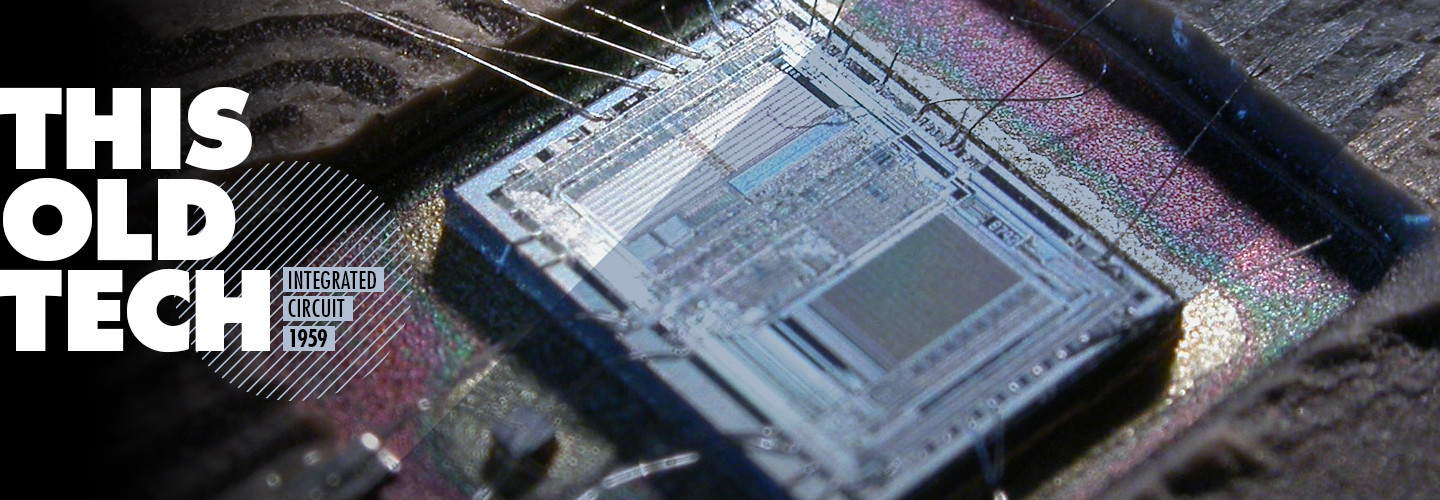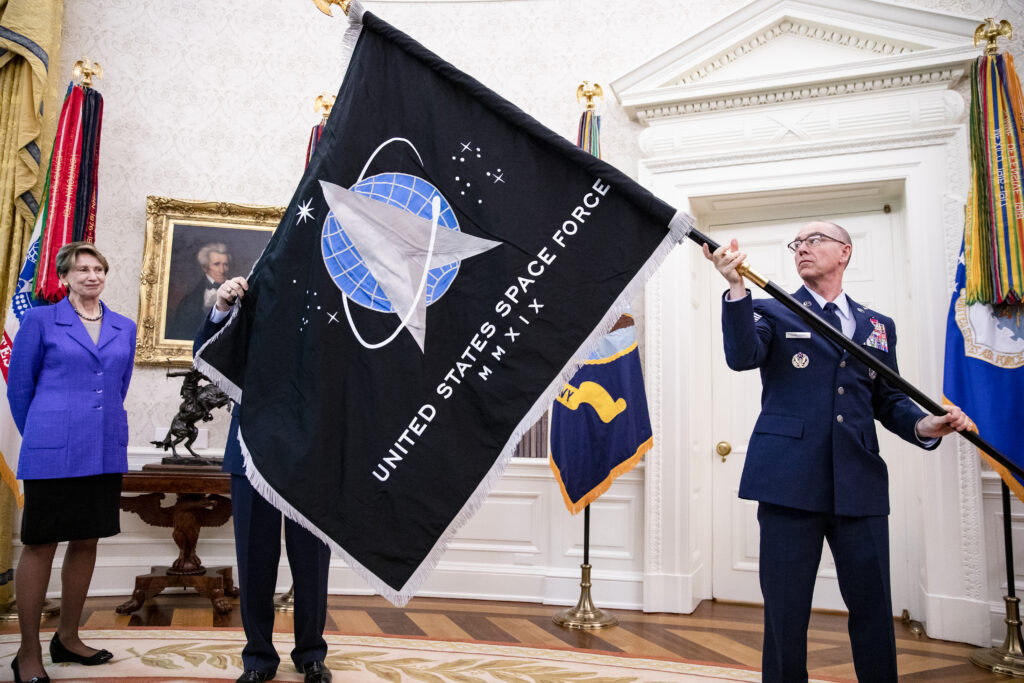MIT did two things to solve the problems of those first integrated circuits. Working with early chip companies—Fairchild Semiconductor, Texas Instruments, Philco—it drove the manufacturing quality of computer chips up by a factor of 1,000. MIT had a battery of a dozen acceptance tests for the computer chips it bought, and if even one chip in a lot of 1,000 failed one test, MIT packed up the whole lot and sent it back.
And MIT, on behalf of NASA, bought so many of the early chips that it drove the price down dramatically: from $1,000 a chip in that first order to $15 a chip in 1963, when MIT was ordering lots of 3,000. By 1969, those basic chips cost $1.58 each, except they had significantly more capability, and a lot more reliability, than the 1963 version.
MIT and NASA were able to do all that because for year after year, Apollo was the No. 1 customer for computer chips in the world.
In 1962, the U.S. government bought 100% of integrated circuit production.
In 1963, the U.S. government bought 85%.
In 1964, 85%.
In 1965, 72%.
Even as the share dropped, total purchasing soared. The 1965 volume was 20 times what it had been just three years earlier.
Inside the government, there was only NASA using the chips, and the Air Force’s Minuteman missile, a relatively small project compared with the Apollo computers.
.






